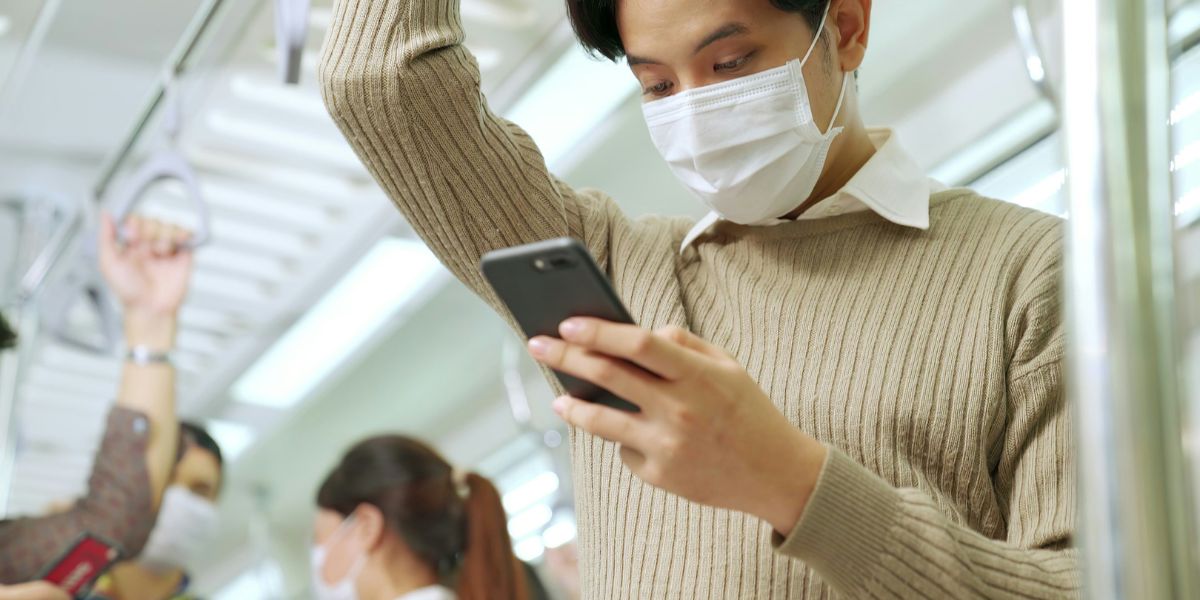Health misinformation on social media is a growing issue. With so much advice and information being shared, it can be hard to know what’s accurate. Sensational headlines and eye-catching claims can easily grab attention, but it’s important to recognize that not all of the content online is trustworthy. While social media can be a great resource for staying informed, it also comes with the risk of spreading misleading health advice that could lead people to make decisions based on false or unverified information. Recognizing and combating this misinformation is essential for making informed health choices in the digital age.
Read also: Power of Social Media Over Young Minds
How Can Social Media Users Spot Health Misinformation?

With so much health information being shared on social media, it’s understandable that users may sometimes feel overwhelmed. The good news is that there are ways to cut through the noise. The first step? Always check where the information is coming from. Health claims from reputable sources, like government health agencies or well-established medical institutions, are typically more reliable. In contrast, advice from unknown accounts or individuals without relevant medical qualifications should be treated with a bit of skepticism.
When looking at a post, users should also ask themselves if there’s any supporting evidence. If a post is making bold claims but doesn’t include any links to scientific studies or expert opinions, that’s a red flag. Health information backed by credible research or peer-reviewed studies is usually the most trustworthy. If a claim is based on anecdotes or personal stories, it’s worth being cautious. Anecdotes can be persuasive, but they don’t provide the scientific evidence needed to back up health advice.
What Are the Key Red Flags to Watch Out For?
Some signs are giveaways that a health post might not be the real deal. A big one is emotional language. If the post is using sensational words designed to spark fear, anger, or excitement, users should be careful. Many times, misinformation is designed to manipulate emotions to get a reaction. If a post makes a health claim and immediately pushes an emotional response, it’s probably trying to get clicks rather than share accurate information.
Another red flag is when a post has a clear conflict of interest. If someone is promoting a health product or service without making it clear they have a financial stake in it, users should be cautious. Health influencers or bloggers, for example, may sometimes recommend products without fully disclosing sponsorships. These hidden incentives could influence the advice being given, which means it might not be as unbiased as it seems. Always check if the person sharing the information has any potential financial or promotional ties to what they’re endorsing.
Why Is Fact-Checking Important for Health Content?
With the constant flow of health advice online, it can be hard to know what’s accurate and what’s not. That’s why fact-checking is a crucial step for anyone looking to make informed decisions. There are several tools available to help verify health claims, fact-checking websites are excellent resources for checking the accuracy of health-related posts. These websites are regularly updated with reliable information that’s backed by evidence, making them a great place to double-check if something sounds off.
That said, fact-checking shouldn’t be the only tool in the toolbox. Users should also check with trusted health organizations. If a health claim is about something serious, like a new medical treatment or a vaccine, it’s always worth checking with official health bodies. Websites for national health agencies or the World Health Organization (WHO) are generally great sources of information.
How Can Social Media Users Protect Themselves from Misinformation?
How can users safeguard themselves from falling for health myths? One of the most effective ways is to follow trustworthy sources. Social media accounts run by respected health organizations and experts are more likely to share accurate, evidence-based information. By following these accounts, users can fill their feeds with reliable content rather than getting caught up in viral myths.
It’s also important to approach health content with a healthy dose of skepticism. If a post promises a “miracle cure” or a quick fix for a health issue, it’s likely too good to be true. Health advice that sounds too easy or quick often comes with hidden risks. By being cautious and questioning the information, users are less likely to get tricked by false claims. Engaging critically with what’s being shared, rather than just accepting it at face value, is a powerful way to protect oneself from misinformation.
When Should Users Consult a Health Professional?
While social media can offer general information, it should never be a substitute for professional medical advice. Health decisions are often personal and complex, and it’s best to consult a healthcare provider when facing a health issue. Doctors and medical professionals have the training to interpret and apply health information in a way that’s tailored to an individual’s needs.
For example, if a user reads a post online about a new treatment or medication, consulting with a healthcare provider before trying it can ensure that it’s safe and appropriate for them. Professional advice is crucial, especially when health-related information is being shared online by people without the necessary expertise to offer accurate guidance.
Read also: The Role of Social Media Platforms in Business Growth
What Should Users Do if They Encounter Health Misinformation?

When users come across health misinformation on social media, it’s important not to simply ignore it. Sharing or liking posts that spread inaccurate health claims only amplifies the issue. Instead, users should report misleading content to the platform administrators, who can review and potentially remove it. In some cases, they might even add a fact-checking warning to the post, alerting others to the misinformation.
Beyond reporting, users can also educate themselves and others on how to recognize misinformation. By spreading awareness and promoting the value of critical thinking, social media users can help build a more informed online community. Engaging in discussions that encourage open-mindedness and sharing credible resources can further combat the spread of health misinformation.







